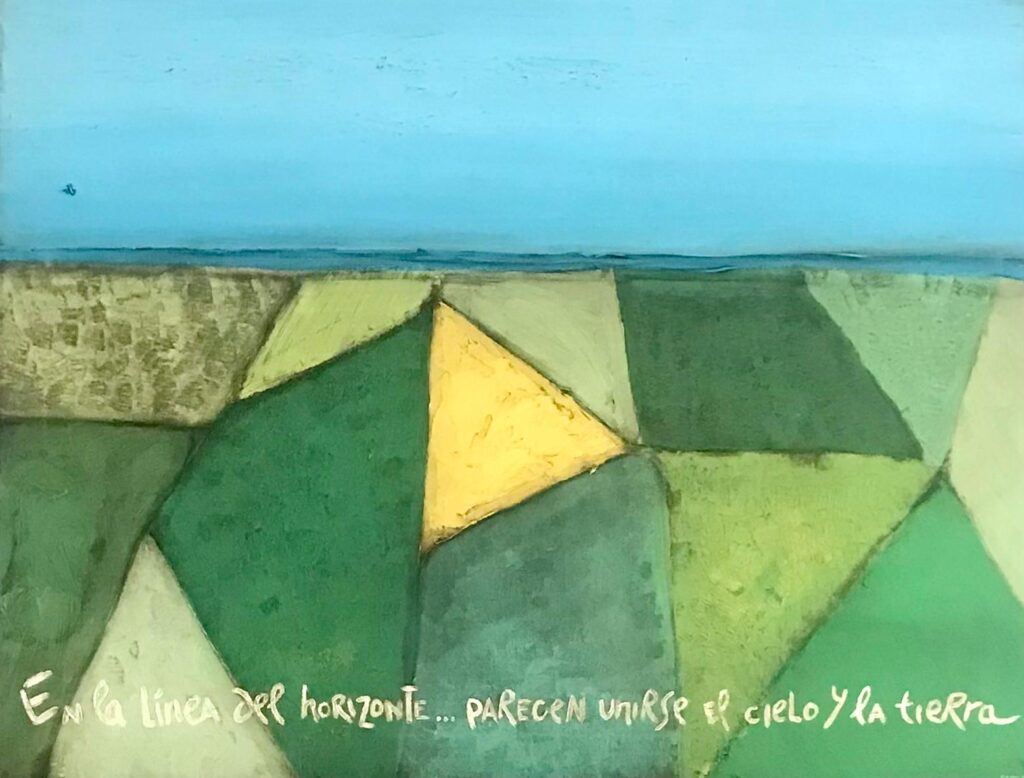False Addresses Attributed to Pope Francis
The Beatitudes Are the Genuine Proposal and Method for Happiness

Father Alfons Gea, a psychotherapist, offers this article, in which he reflects on false addresses attributed to Pope Francis.
* * *
Recently, a faithful of the Parish Council of the community sent a sermon to Whatsapp, signed by Pope Francis and entitled “Pope Francis’ Show in His Homily/Sermon Yesterday! It Should be Read and Reread Several Times.”
That “yesterday’s sermon” is not of 2022, but appeared in its first editions already in 2015. That would be the least alarming if it weren’t for the fact that it’s content, very much of the Eastern fashion, is a proposal to be happy, focusing on some advice to build individual happiness, which passes through conforming oneself stoically in face of adversities.
It is like a compendium of nice phrases of the New Age type, which our friends usually send us to say good morning. Two very attractive principles for our time are affirmed in the writing: happiness is a possible and desirable achievement as the ultimate objective and the latter depends exclusively on one’s will. Hence it’s necessary to get one’s actions right and to believe in oneself and that’s all. God doesn’t appear at all.
In this connection, it’s good to recall the warnings that Pope Francis himself gives, for example, in the questions posed to him on May 14, 2018, in Saint John Lateran, during the meeting with the diocese of Rome, when he said: “grace cures in-depth, it’s not anesthesia, it cures . . . but how can this come about? Each one must find the way. How does it come about? One can’t do it alone. No one can cure himself — no one. One needs someone to help one. The first is the Lord. Once the sickness is identified, the sin is identified, the defect is identified, the root is identified — that bitter root of which the Letter to the Hebrews speaks –, once the bitter root is identified, the first thing is to talk with the Lord: ‘You see what I have, I can’t stop it, I always fall into the same thing . . . ‘ And then, look for someone to help one, go to the ‘Clinic,’ namely, go to a good soul that has this charism of help.”
“We must seek what makes us Church, the food that makes us grow as Church. And the danger, in this case, is one of the two I mentioned in the Exhortation on Holiness: Gnosticism, which makes you seek things, but without incarnation, without entering in your incarnate life. And then you become more individualistic, more isolated, with your Gnosticism . . . ‘A God without Christ, a Christ without Church.’”
The problem is not that God is expendable in that type of messages nor that the proposal is happiness. The problem is that it states as a given that happiness can be a permanent state if the slogans are followed, something that is not empirically verifiable and that generates, instead, frustration, not only because happiness isn’t obtained, but because happiness as an individual project leaves aside the source of genuine happiness, which is love. The latter generates relationship and belonging: to be somebody for someone. The “God with us “is incarnated to call us to be with and for others.
In fact, in our days loneliness is a real plague, which is translated into a “crisis of happiness,” seen in the increase of consumption of anti-depressives and of suicides. When I’m the only one that is important, I run the danger that the relationship with myself is so good that no one else fits in my universe. Being somebody for someone calls for sacrifice, as opposed by the philosophies of the false addresses attributed to the Pope.
Nothing can match the Gospel of the Beatitudes (Matthew 5:3-12) either as a proposal for happiness or as a method. The proposal must be love of others and the method the giving of oneself. However, as Gandhi said to the Christian Association of Young People of Colombo, Ceylon in 1927: ”If I only had to address the Sermon on the Mount and my own interpretation of it, I wouldn’t hesitate to say ‘Oh, yes, I’m Christian.” But, in a negative sense, I can say to you all that much of what happens in Christianity is a negation of the Sermon on the Mount.
Translation by Virginia M. Forrester
Related

Emilio Girón: Stubbornness and Tinto de Verano
Exaudi Staff
30 March, 2025
5 min

Facing Divorce as a Christian Couple
Laetare
28 March, 2025
2 min

Mars Colonization: Technological Progress or Threat to Human Dignity?
Observatorio de Bioética UCV
28 March, 2025
9 min

The Good Smell of Coffee
Edistio Cámere
27 March, 2025
3 min
 (EN)
(EN)
 (ES)
(ES)
 (IT)
(IT)

